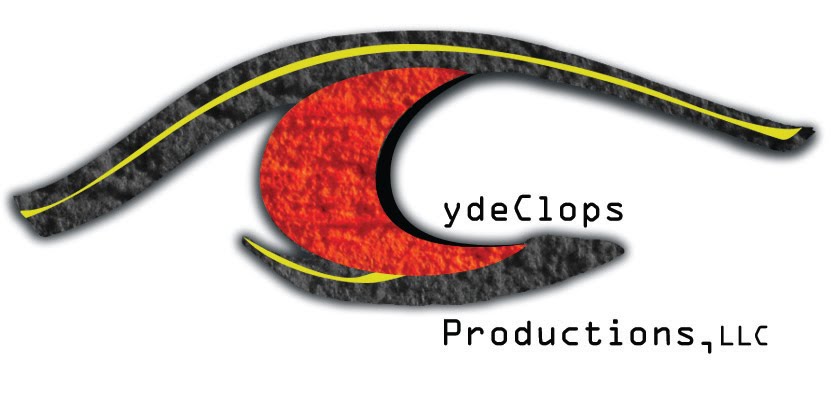NEW YORK (AdAge.com) -- In the four years since Twitter launched, two questions have hung over the micro-blog service: Can it make money? If so, how? Twitter is expected an answer to both questions on Tuesday in the form of "promoted tweets," which will put ads on Twitter, first in search results and later in user feeds both on Twitter.com and the myriad third-party clients that access the service, such as TweetDeck, twhirl, TwitterBerry and Tweetie, the last of which was just acquired by Twitter last week. Initially, Twitter's version of keyword ads will appear only on searches conducted on its website; users will start seeing those Tuesday afternoon. A single ad will appear at the top of a search. That ad is itself a tweet, and users can "re-tweet" the ad to pass it around, make the ad a favorite or reply to it.
Tweets as ads
Not surprisingly, Twitter's first advertisers, Starbucks, Bravo and Virgin America, are also heavily into Twitter as a communications medium. "We wanted to do something that just enhances the conversation that companies are already having with their customers on Twitter," said Twitter Chief Operating Officer Dick Costolo, who is a keynote speaker at Ad Age's Digital Conference opening Tuesday in New York. Promoted tweets also have the potential to scale revenue quickly for the company, backed by $160 million in funding from a coterie of elite VC firms including Union Square Ventures, Institutional Ventures Partners, Benchmark Capital and Spark Capital. Twitter recently said the service handles 50 million tweets, or 140-character-maximum messages, a day. Mr. Costolo didn't say how many search queries Twitter gets, but did say that "a lot of people use Twitter for search; the volume is huge."
No rush for revenue
That said, Mr. Costolo cautioned that quick profitability is not the goal, and that the ads would be rolled out slowly to see how users react to them. "We are not in a rush to make a certain amount of money this year," said Mr. Costolo, who is also, incidentally, one of Twitter's earliest investors. "We want to get this right. We don't want to force a model on people that is based on incorrect hypotheses." Twitter is also not the first to try to build an ad model around Twitter search results. Search-ad pioneer Bill Gross unveiled TweetUp on Monday, which allows marketers to promote their own tweets by buying keywords. Twitter has been testing promoted tweets internally for months, and once they're released to the public, Twitter will closely watch how they perform. Initially, advertisers will bid on keywords on a cost-per-thousand basis, but Twitter is developing a performance model that could be the basis for pricing based on a metric called "resonance" -- impact judged on how much a tweet is passed around, marked as a favorite or how often a user clicks through a posted link. Ads that perform well will stay in the system; ads that don't rise above the resonance score of a typical tweet from a marketer will fall out. Ultimately, Mr. Costolo wants marketers to pay for ads based on the lift in resonance over a standard tweet.
Unlike search ads on Google, Bing or Yahoo, there will only ever be one Twitter ad displayed at a time. Marketers will be able to use them to start conversations, such as Starbucks' "Tell us something a barista did to make your day?" Starbucks could buy keywords to keep its question atop a search that turns up those results. Film studios could use promoted tweets to get the word out before opening weekend, and then to participate in the dialog about the film after opening night. Twitter is rolling out promoted tweets slowly over the course of the year; initially on Twitter.com, and then to Twitter clients, which can include the ads and get a cut of the revenue. Ultimately, Twitter could syndicate results to Google or Bing, though no deal is close to making that happen.
Ads in timeline?
During this roll-out, Twitter will study how resonance works and decide in the fourth quarter whether -- or how -- to take ads beyond search and into users' Twitter feeds. "Is it great in search and horrible in the timeline? We are going to test and test and test," Mr. Costolo said.
The promoted tweet is one of three streams of revenue Twitter will have available, including a data fee from search engines indexing Twitter in real time, such as Google, Yahoo and Bing, and the coming "professional accounts." Professional accounts will include the ability to have multiple users on one account -- much like some of the clients such as CoTweet do today -- plus a dashboard that shows what's happening with a brand on Twitter and integration with promoted tweets.
=========================================================================
The system looks good on paper. The stand and the approach that Twitter is taking on ensuring that profitability is not the main concern is commendable, but is left to be seen as this plan goes in flames or is a hit. The non-traditional way of attracting the users through search and giving them a choice to re-tweet or like will keep users happy as opposed to the traditional, in-your-face pop-ups. With popularity of the "like" or "dislike" function in most social media platforms, Twitter is just riding a trend and using it to benefit both the users and advertisers.
We feel that choice is always a great thing.
Subscribe to:
Post Comments (Atom)





No comments:
Post a Comment